Do you know that the world of healthcare marketing is constantly changing and has already changed a lot because of data science? It’s true. The advancement in the medicine industry is running faster than ever, and it seems to be impossible to stop the development. Thanks to technology, healthcare people can cure some diseases which couldn’t have been cured before with more targeted campaigns.
Sameway, data science has changed the healthcare marketing scape.
Data science has given a new start to healthcare marketing. Moreover, it has opened the door to many opportunities for healthcare marketers.
But, it has also raised some challenges like finding meaningful insights from big data, which are valuable and readily available. So, the next question comes naturally: What will be the right role of data science in Healthcare Marketing?
Now let’s get into the details.
Data science poses a vital role in healthcare marketing, We can use patient and doctor data to make intelligent decisions by analyzing what others don’t study. We can always look at every aspect of the problem with a fresh eye.
It is not enough to know Google Ads & Facebook Ads alone; we gotta be able to incorporate Data science into it; I am not talking about Google Analytics; I am talking about BIG Data!
Healthcare Marketing Data scientists should work on these four critical points while working on Healthcare Marketing projects:
1) Big Data: Petabytes and Petabytes of user information are generated every day across different sources and technologies (social media campaigns, search ads, media ads, and other variables).
We have to decide which data is relevant and meaningful so that this data can be used for creating more hyper-personalized ads for users.
Data scientists need to know where the information is being generated(sources), who are generating these values (audience), and how these values can be helpful for marketing and healthcare specialists.
2) Patterns: Data science matches patterns in data through algorithms, statistical analysis, machine learning techniques, and deep-diving into the dataset with exploratory analysis. Before applying any of these methods, we must first understand what type of problems we’re trying to solve or what questions we want to answer. Also, it’s equally important to determine whether our use cases align with the needs of management, and most importantly, we have to categorize to which set of data it belongs..(big data or small data).
For example, As a marketer with Data science abilities can understand the user pattern and can know when a person is the most likely to switch from one brand to another and what measures can be done from a marketing perspective that can alter the person’s mind from a scale of uncertainty to certainty. Now, this can be solved by applying small data analysis methods.
3) Application: Knowing how to apply different data science tools and techniques comes with experience, but it’s also important to understand that not every statistic or algorithm will work for every use case. Data scientists have first to identify their purpose and then decide whether simple statistics or machine learning is more appropriate. The second piece of advice would be: Pick the right tool for the job. It may take some time before you figure out what works best in your particular situation, but this is an aspect of practice that makes perfect. Once again, understanding your context, identifying the business need, asking relevant questions, and finding the best possible tool are a must for data science in healthcare marketing.
4) Interpretation: Finally, interpreting the findings can lead to some surprises. Data scientists need to be cognizant of what information is present in our data sets and how that information may affect our analysis, even if it’s not intended by the people who provided them with the data. For example, a study about healthcare spending might find that there are high expenditures among Medicare patients during certain times of the year due to flu season without realizing that this is likely due to the number of Medicare patients who are also receiving Social Security benefits at this time of year. Another example, in a study about hospital readmission rates, we might find that some diseases occur more often during certain times of year without realizing that this could be due to seasonal allergies or influenza and not something unique to their particular dataset.
The data science approach can help healthcare providers & marketers observe various trends and patterns of why consumers go for a product. As Data scientists, we are expected to track consumer behavior and deliver results that will lead them to know what kind of marketing campaign was used by competitors, which results in an increase in sales or is usually better than other campaigns. For instance, if there is a new start-up in the healthcare industry like “XYZ health insurance” with data science, we can track the impact of that campaign and try to analyze how it affected the sales records. Data Scientist’s role is not only to deliver results but also to explain them in easy layman’s language so that management can easily understand and use those results for better future planning for marketing campaigns and make relevant changes to non-marketing aspects associated with healthcare.
Facts: As per a recent survey, It is found that only less than 25% of healthcare organizations are using the big data approach to improve the effectiveness of their services, Out of which 5% are dependent on big data.


